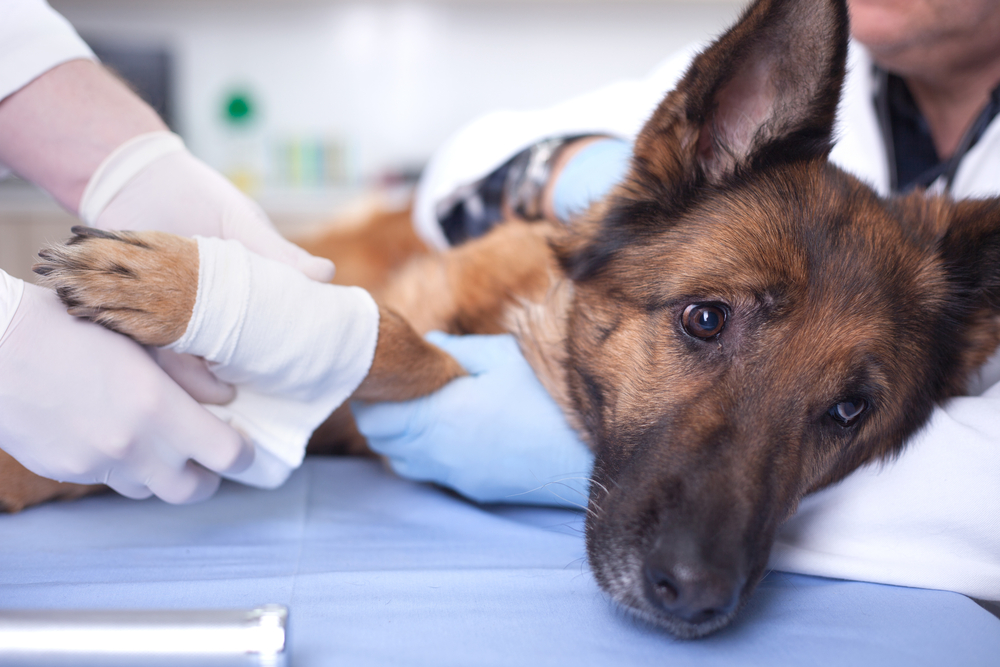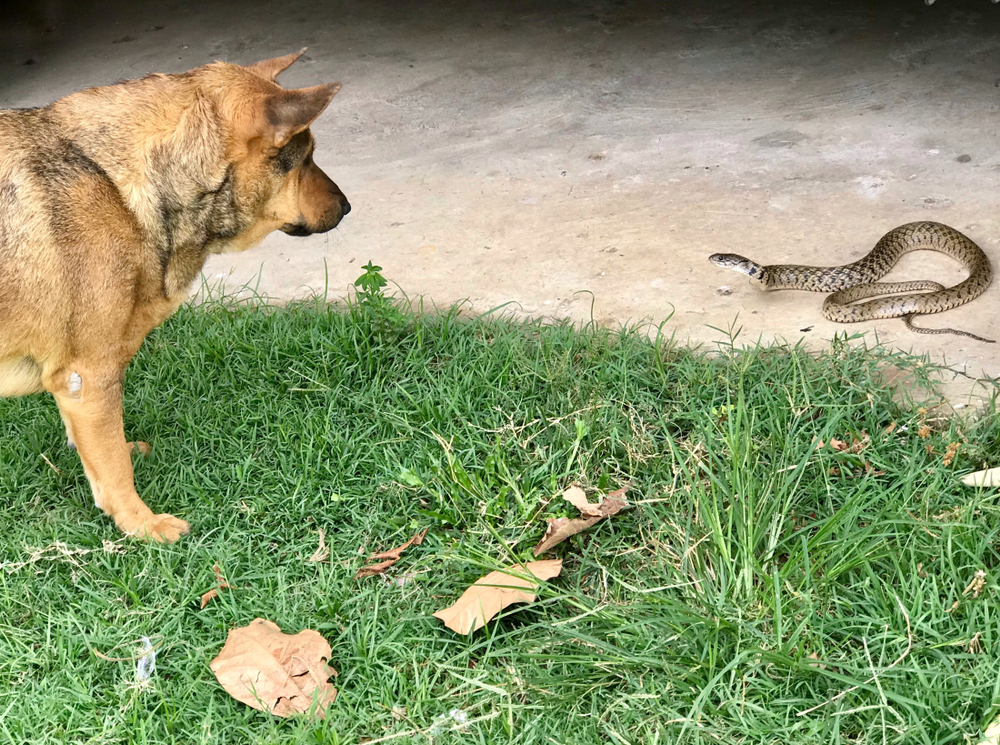Southern California, with its picturesque landscapes and thriving wildlife, is a haven for pet owners and animal lovers. However, amidst its natural beauty lies a hidden danger—rattlesnakes. These venomous reptiles pose a serious threat to pets and people, especially during the warmer months when the snakes are most active. Every pet owner should learn rattlesnake safety measures to protect their furry companions, so our Alisos Animal Hospital team is making that easy for you. We have compiled important information about rattlesnakes and pets in the following guide.
Understanding how rattlesnakes threaten pets
Although rattlesnakes are found in almost every part of the continental United States, they are especially common in the Southwest, and easy to stumble across in Mission Viejo. Southern California’s warm climate and abundance of natural habitats are the ideal environment for rattlesnakes to thrive. But, rattlesnakes pose a significant risk to people and their pets as they enjoy nature parks or their own backyards.
How to identify rattlesnakes
Most people panic when they see any kind of snake, but many species pose no threat to people or pets. Learn how to identify a rattlesnake through the distinct features that set them apart from non-venomous species:
- Triangular-shaped head
- Vertical pupils
- Heat-sensing pits on their faces
- Rattle at the end of their tails, which is not always present
If you encounter a snake with these features, assume it is venomous and maintain a safe distance.
Rattlesnake risks to pets
Rattlesnake bites can have severe consequences for pets, including:
- Intense pain and swelling at the bite site
- Tissue damage and necrosis
- Systemic effects, such as vomiting, diarrhea, and difficulty breathing
- Organ failure
- Death
Pets, especially dogs, are naturally curious and may approach or provoke a rattlesnake, increasing their bite risk. While rattlesnakes are generally not aggressive, they will defend themselves if stumbled on by a pet or person.
How to protect your pet from rattlesnakes
Prevention is the best defense against rattlesnake encounters. Take these proactive steps to protect your pet:
- Vaccination — Consider vaccinating your dog with a rattlesnake vaccine, which can lessen the severity of a bite and buy you more time to seek veterinary care.
- Leash your pet — Keep your dog on a leash during walks or hikes, especially in known rattlesnake areas. This allows you to maintain control and steer clear of potential encounters.
- Avoid high-risk areas — Stay on designated trails and avoid tall grass, rocky outcrops, and brushy areas where snakes may hide.
- Training — Train your dog to obey commands such as “Leave it” or “Come,” which can be lifesaving in the event of a snake encounter.
- Rattlesnake avoidance training — Consider enrolling your dog in a rattlesnake avoidance training class, where they learn to recognize and steer clear of rattlesnakes based on sight, sound, and smell.
How to prepare for a rattlesnake emergency

Despite your best efforts, accidents can still happen. Be prepared for a rattlesnake bite emergency with your pet by:
- Finding the nearest veterinary hospital — Familiarize yourself with the location and contact information of the nearest 24-hour veterinary hospital equipped to handle snakebite emergencies.
- Keeping a pet first aid kit — Stock a pet first aid kit with essential supplies, such as bandages, antiseptic wipes, and a digital thermometer, so you can provide immediate care before seeking professional help.
- Staying calm — In the event of a snakebite, try to remain calm to keep your pet calm. Restrict their movement to prevent the venom from spreading more quickly through the bloodstream.
- Seeking immediate veterinary care — Time is of the essence in snakebite cases. Your pet may have been vaccinated, but they still need immediate veterinary care for assessment and treatment.
Rattlesnakes are a serious threat for California pets, but when you understand the dangers, stay vigilant, and are prepared for emergencies, you can minimize the likelihood of rattlesnake encounters and safely enjoy the beautiful outdoors with your furry pal.
Every second counts in a rattlesnake emergency, so don’t hesitate to contact our Alisos Animal Hospital team or your nearest emergency veterinary hospital if your pet is bitten by a rattlesnake.








Leave A Comment